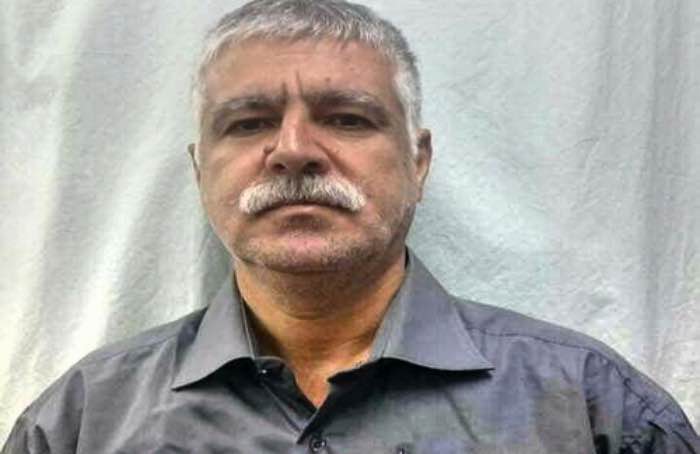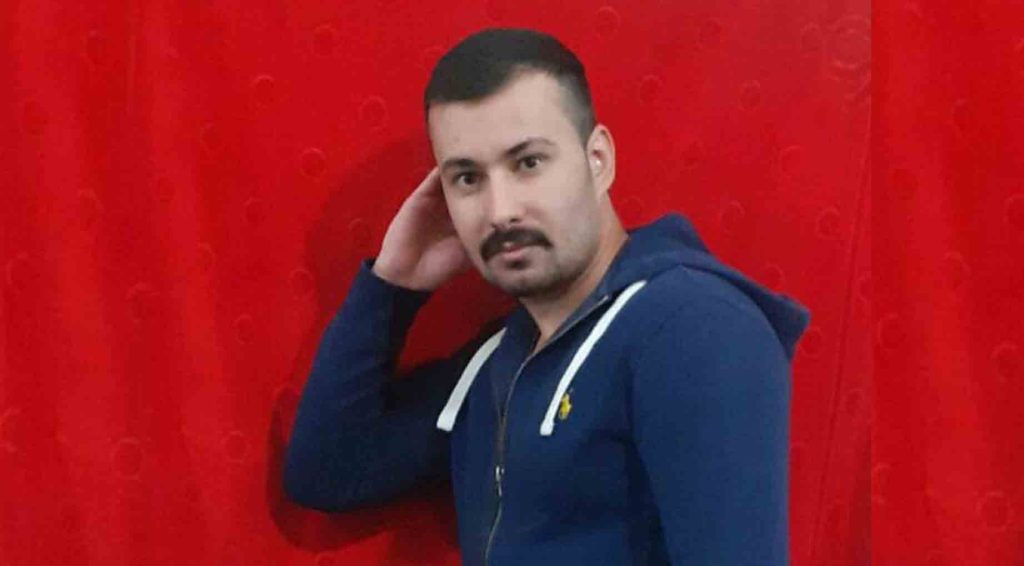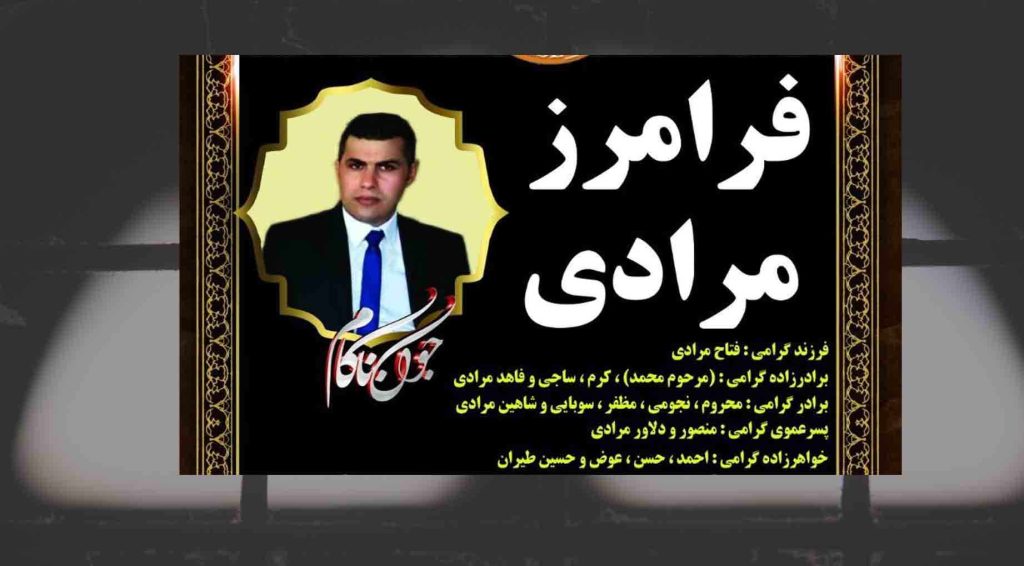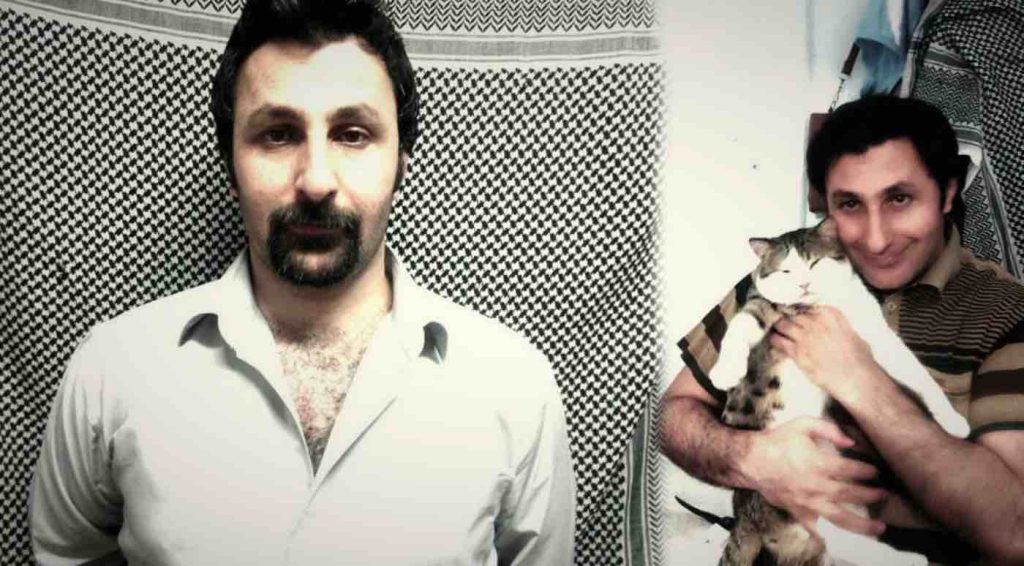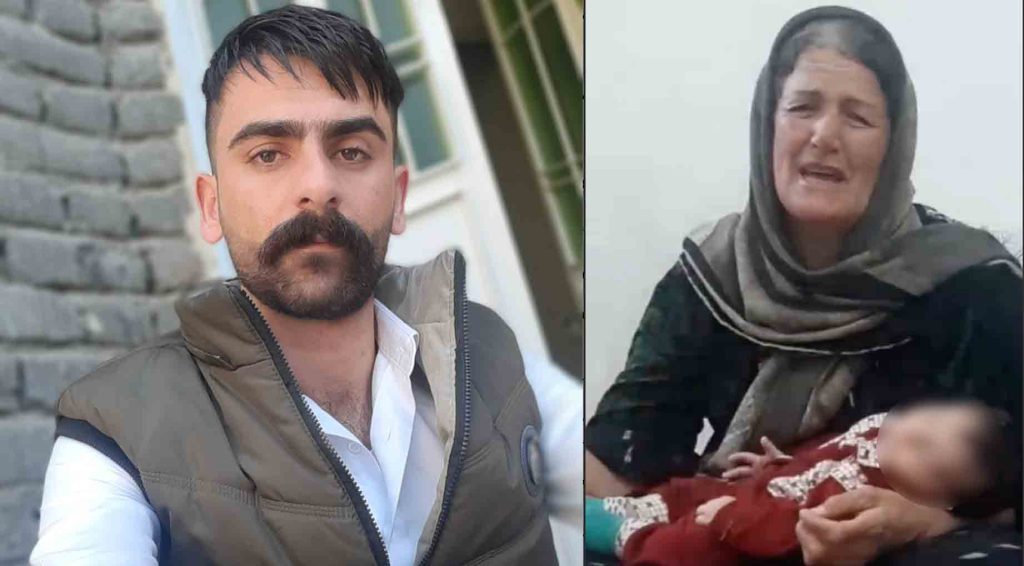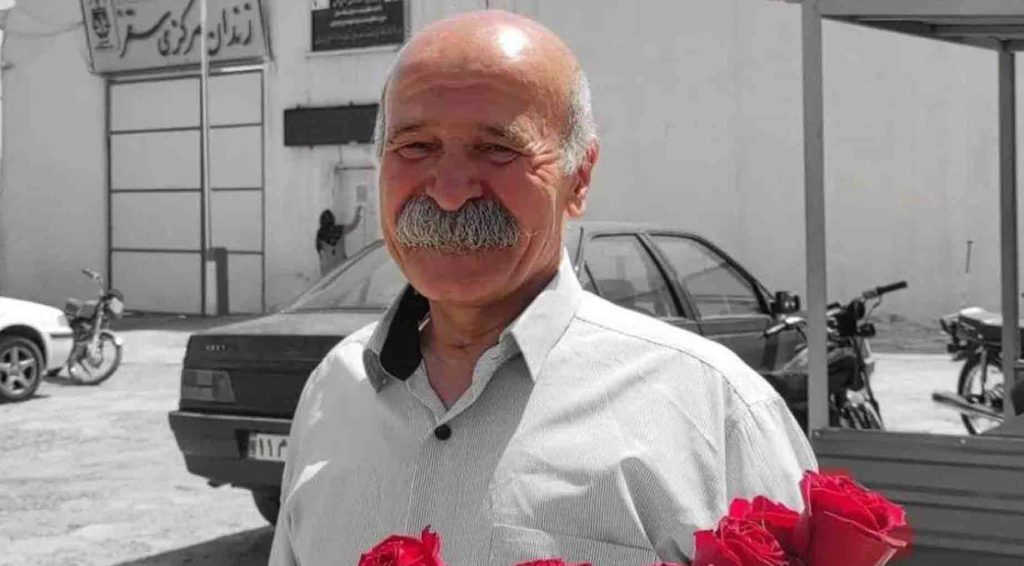Mohammad Nazari, a political prisoner detained in Orumiyeh Central Prison, was returned to prison without any medical treatment after being transferred to a hospital outside the prison.
“On Tuesday, December 13, Mohammad Nazari was transferred from the clinic of Orumiyeh Central Prison to a hospital outside the prison. He was returned to prison after an ultrasound examination despite needing to be hospitalised for a kidney surgery. “, an informed source told the Kurdistan Human Rights Network (KHRN).
“Mohammad Nazari has been on hunger strike since December 3 in protest to the lack of medical treatment, but he ended his hunger strike two days after the authorities promised to send him to the hospital,” the source added.
According to the source, “On Wednesday, 15 of November, Mohammad Nazari and two other political prisoners known as Omar Faghihpour and Khalid Fereydouni were transferred to Orumiyeh Central Prison from the Rajai Shahr prison in Karaj for unknown reasons. Mohammad Nazari was admitted to the Clinic of Orumiyeh Central Prison due to his critical health condition but doctors told Nazari that he should be transferred to the hospital during the following days for kidney operation.”
Mohammad Nazari, imprisoned in Tehran for the past 24 years, had been on hunger strike since July 30, 2017 in Rajaei Shahr Prison in protest to the non-enforcement of Article 10 of Procedural Law in his case.
Nazari was arrested by agents of Iran’s Ministry of Intelligence in the city of Boukan, West Azerbaijan Province on May 30, 1994 when he was 23 years old. Six months later, Judge Abdolahad Jalilzadeh at Orumiyeh Revolutionary Court (branch 1) sentenced him to death for his alleged membership in the Democratic Party of Iranian Kurdistan (PDKI), an opposition group seeking autonomy for Iran’s Kurdish region. Despite making an appeal, the verdict against him was finalised. Nazari’s sentence was later reduced to life imprisonment in 1999 amid the Islamic festival of Eid Qorban when the supreme leader pardoned some prisoners upon the recommendation of the Judiciary.

